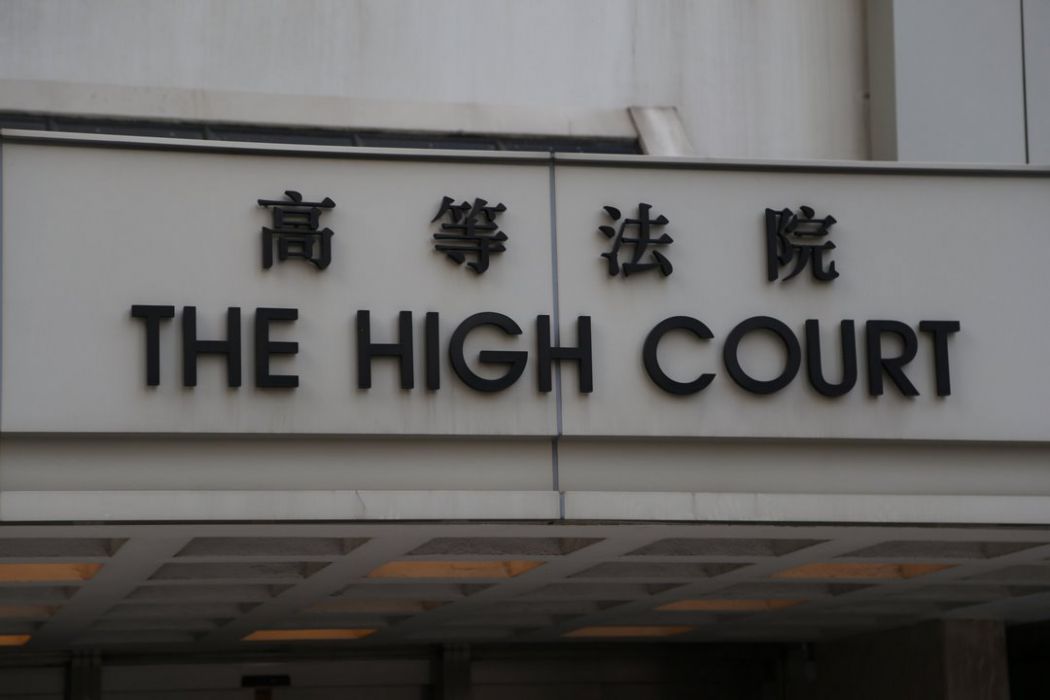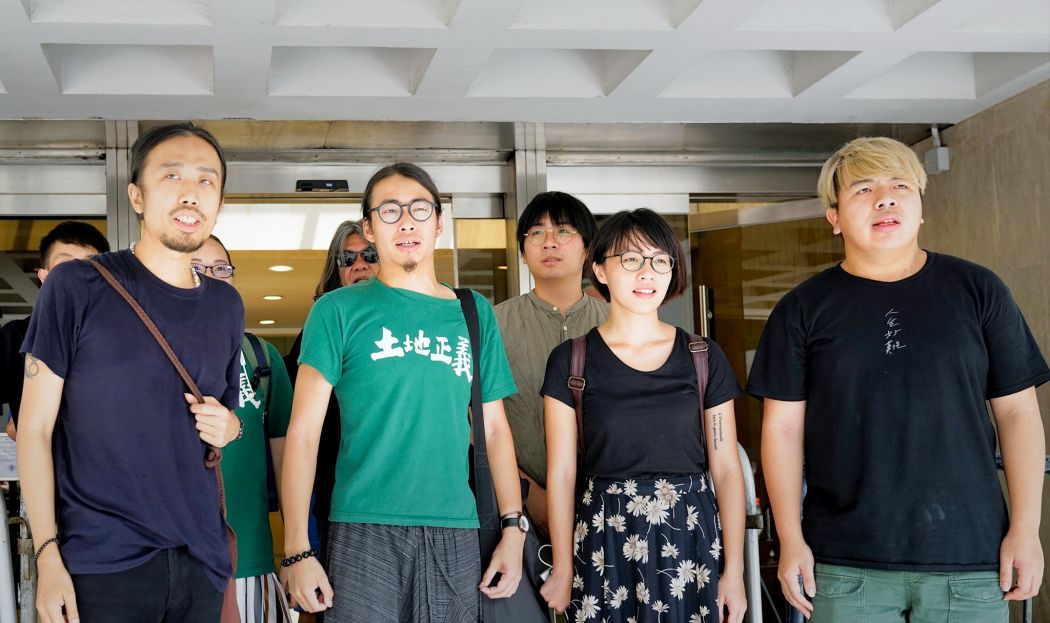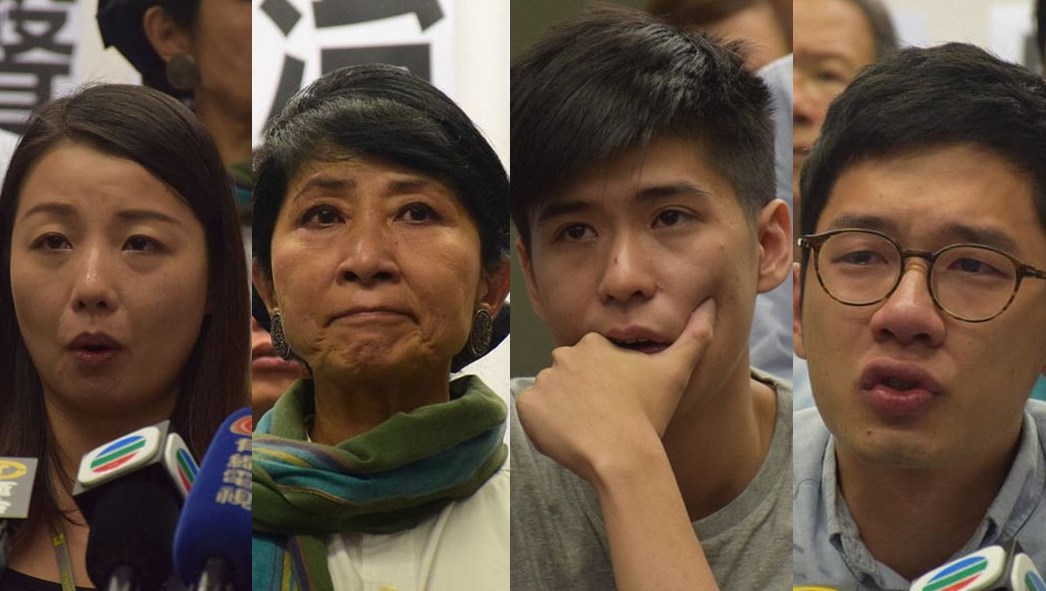The figure of justice is traditionally depicted with a sword in one hand – to punish – a scales in the other – to weigh evidence – and a blindfold, indicating that she does not consider irrelevant matters. So I was a bit disconcerted the other day to hear Mr Justice Wally Yeung complain that an argument put forward by a lawyer before him was “blinding the court.” Isn’t the court supposed to be blind?

This came up in the hearing in the Court of Appeal which culminated in the jailing of 13 people who had been convicted of “forcible entry” arising from a protest in June 2014. Barrister Douglas Kwok, defending some of the accused, said that the prosecution had overstepped the limits of an appeal against sentencing. “Appeals against sentencing have to abide by the factual rulings made by the lower court. Otherwise it would be no different from a retrial.”
Yeung rejected this on the basis that it was basically “blinding the court.” In other words, in Mr Yeung’s view, the Court of Appeal is free to consider, and the prosecution is free to offer, versions of the facts which were not accepted by the judge in the original trial.

There are some problems with this. There are of course limits on the powers of the Court of Appeal, as there are on any body operating under the rule of law. If the Court of Appeal exceeds those powers, as on occasions it has done, the matter has to be rectified by the Court of Final Appeal. It may well be, indeed it ought to be, that when considering appeals for a heavier sentence the Court of Appeal is expected to abide by rulings of fact made in the court where the case was first heard. After all from a common sense point of view the judge or magistrate who made those findings had one advantage which the learned judges in the Court of Appeal do not enjoy – he or she has heard the evidence.

Readers who prefer to consider the matters of legal principle involved will recall that in the English legal system a person is presumed to be innocent until proven guilty. After that he remains innocent of any crimes of which he has not been proven guilty. The original hearing is not some sort of elaborate preliminary to the real decision, to be made by the Court of Appeal. Its purpose is to determine what the accused can be proven to have done. They are entitled to be regarded as innocent of anything which they have not been proven to have done.
We can of course look at it another way. What is the evidence which Mr Yeung is so keen to hear that obstructing it would be “blinding the court.” The Court of Appeal does not hear witnesses, visit the scene of the crime, or view videos. All it has before it are the findings of the lower court and the arguments of counsel for each side. So what is it that Mr Yeung wants the court to “see.” The newspapers? I hope not.

I have always cherished the wise words of Mr Justice Salmon, who said that “no judge of the High Court would be influenced by what was in the newspapers. If he was he would not be fit to be a judge.” There is no news on television worth speaking of these days and we can I think exclude the possibility that one or two judges of the Court of Appeal were present at the scene of the crime.
This leaves us with new statements of fact made by counsel for the Director of Public Prosecutions, which are subject to no tests of their weight, no requirement that they should be backed up by evidence and no opportunities for the defence to cross-examine their source, supposing that they have one outside the vivid imagination of counsel and the leader page of the China Daily.
I conclude that there are some things to which the court should be “blind,” if that is the way Mr Yeung wants to put it. Another way of putting it would be that the Court of Appeal should be fair to those appearing before it. In June 2014 Hong Kong had not had a riot for decades and the excitement of Occupy was still in the future. The promotion of “riot” to a four-letter word was even further in the future. It should not be backdated.
